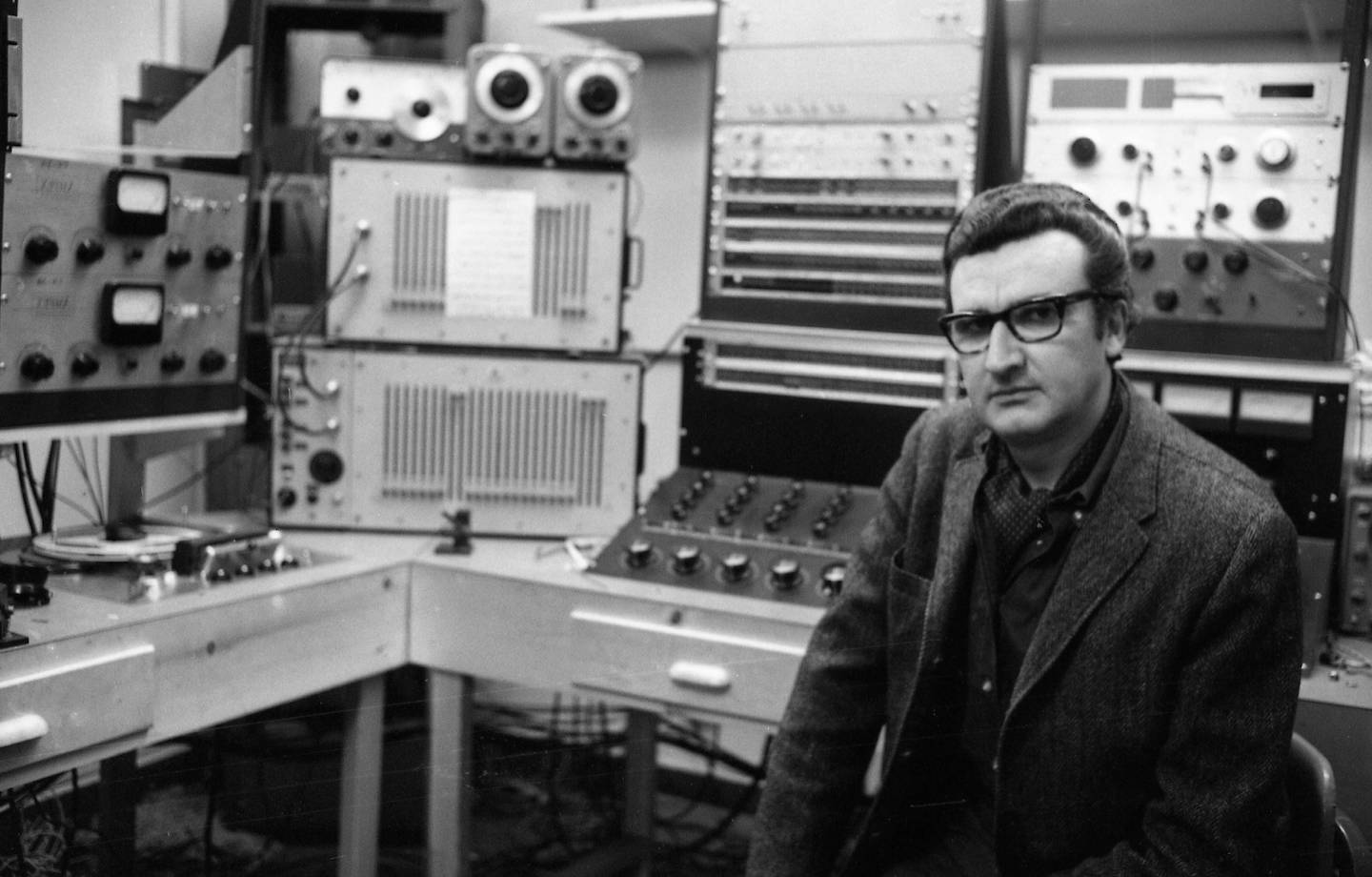The Defeat of American Modernist Music
I've made enemies by appearing to side with John Rockwell, so I need to clarify some things.
I worked with Gunther Schuller at Tanglewood in the 80s. I got calls from Richartd Ortner at Tanglewood, interrupting a summer job with his call to come to Tanglewood for guitar parts, since there were no guitar fellows. And I coached with Leon Fleisher through my work with the Theater Chamber Players, the Washignton DC-based group which he co-directed with Dina Koston.
Schuller, Ortner, and Fleisher were all fired by Seigi Ozawa. At the Bridge Records recording session for Fleisher's All The Things You Are CD at the Curtis Institute (a project funded by the RSF), Fleisher told the a funny story. He asked Ozawa why they were fired -- "what was missing"? Ozawa answered, "Tabsco sauce".
That's all we need. It's not a logical thing. We can all add to that. I'll add here the David Amram story. Amram studied horn with Schuller. Amram recounted to me, in a conversation, Gunther's version of the story of the Tanglewood firings. John Rockwell convinced Fromm that there should be an all-Glass concert at Tanglewood. Schuller said he never does one-man shows. He's happy to program Glass. The Tangewood programming always was very diverse. That got Schuller fired.
What is a mannerist phase? A pathological misplaced concreteness.
My concession to Rockwell is that when he and some others made their decisive moves against it, modernism was deep into a pathological mannerist phase that continues now in the EU. What is a pathological mannerist phase? -- a pathological misplaced concreteness. There are mannerists and modernists I'll defend with my life. Shakespeare and Dowland were mannerists. Mannerism in the sense of a proforma carrying on of certain manners is a negative criticism. The modernists I'll defend with my life and the modernists who merely mimic surfaces may be indistinguishable to many, but to me there's a world of difference. Mario Davidovsky complained about this. I remember him saying, "It's almost as if there is absolutely no concern any more for syntax and semantics!"
Moreover, why the celebration of obscurity? The Symbolistes demonstrated the power of what is veiled and obscure. Such can act as a mirror, can open doors to ourselves. There is Cage's defense of free improv.
This is both new and simple and charming --
And the last work, arriving after Rockwell's coup, by our favorite modernists is now a treasure trove of stranded assets --
I like Davidovsky's Synchronisms, but they have a youthful, antisocial, maverick quality. His later works, I believe, in some de-Rockwelled world, would pose a lively but not insurmountable challenge to the bourgeois center that would reward any bourgeoisie willing to spend a bit of time with it. Likewise, Davidovsky's Romancero, and many other later works.
You might find this surprising, but Milton Babbitt's Swan Song No. 1 is daunting in the heady middle of the work, but enticing in the opening and heart wrenching at the end --
ta-da! (winds) -- bump bump (cello pizz).
Much of what is now in place after the ouster of the modernists could prove to be ephemeral. It's wonderful that audiences are excited about it, not afraid of it. It often involves toppling the ediface and starting from scratch. The Speculum Musicae people spoke contemptuously of reinventing the wheel. I've capitulated to the necessity of periodic reinventions of the wheel. Nothing we care about is entirely destroyed. What we carte about will pop up again in whack-a-mole fashion.
Present Euromodernisms also reinvent the wheel, sometimes with great success.

